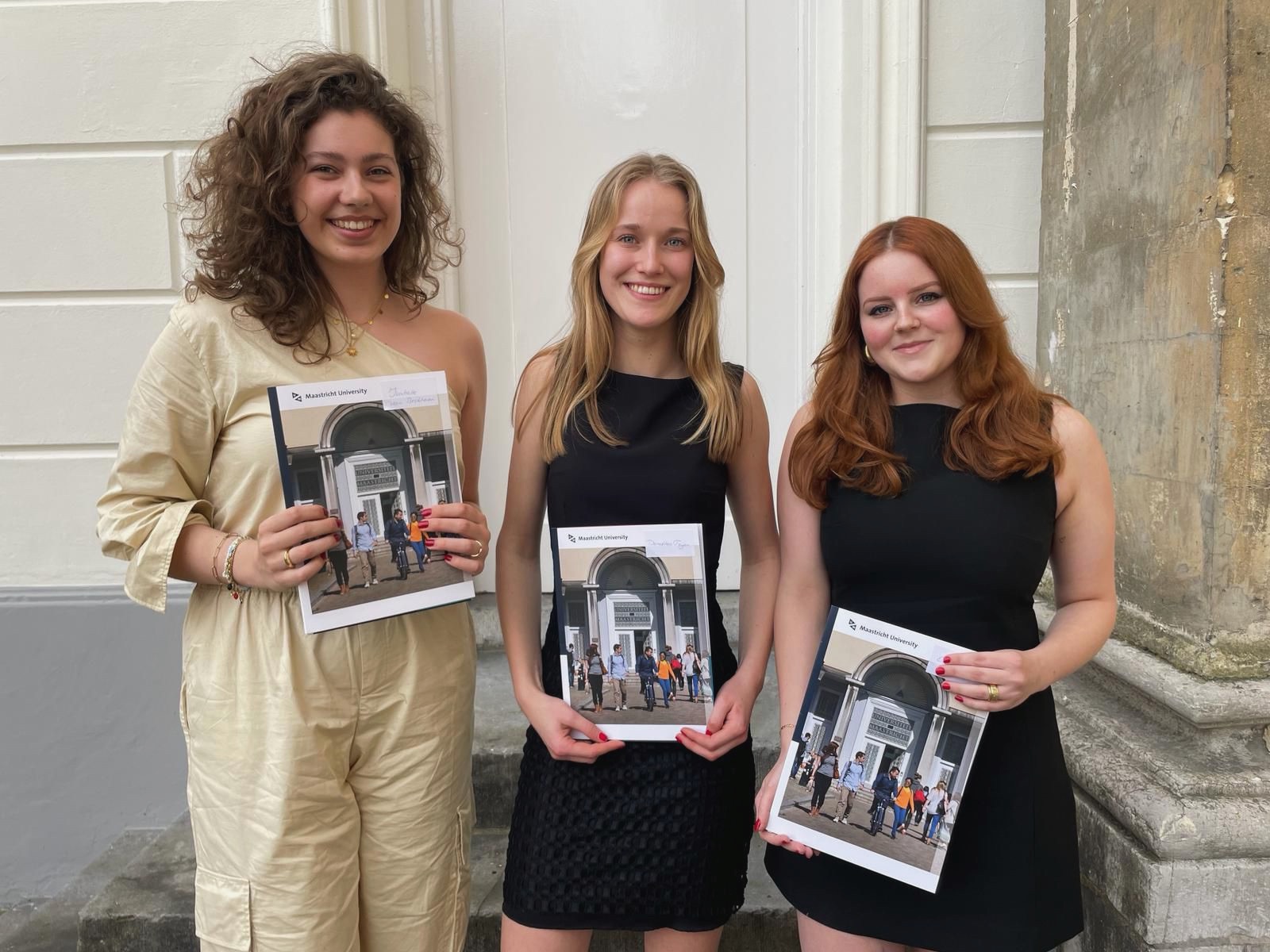Are family firms a sustainable form of business that needs to be treasured, or are they old-fashioned business forms that we need to get rid of?
Growing up in Belgium and working at a Belgian University, I have always had a positive image of family businesses. When we think about family businesses in Belgium, big brands and companies of which most Belgians are proud come to mind. An example is “AB Inbev,” a publicly–listed family firm. Currently one of the largest brewing companies in the world, it once was a local Artois brewery in Leuven, in which the Mevius and the Spoelberch families had been involved since the 14th century. Another example, founded and still operating in my city of birth, Sint-Truiden, is “De Blauwe Vogel,” a travel agency in which the 18th (!) generation of the family Carlier is currently running the business. Founded in 1609 as a "carriage" line service from Marseilles, they are proud that they have always been able to appoint a family member as the leader of their firm.


Associate Professor
Department of Organisation, Strategy & Entrepreneurship (OSE)
School of Business and Economics
Member of OSE management team
Programme leader IB specialization Entrepreneurship & Business Development
Academic Advisor Double Degree Masters Program between Maastricht SBE and Nova SBE and the International Triangle Programme.
Coming to work in the Netherlands, it came to my attention that “family firm pride” is not a universal feeling and that other considerations can be made. Is the existence of powerful business families a good thing for society? Should you be granted ownership rights and, perhaps, be offered employment opportunities in major businesses just because you are born into the right family? Notwithstanding my family business heart, I came to think of these as valid questions that perhaps need to be investigated more so people could get additional information on which to form an opinion.
So what does the research say about the sustainability of family businesses? Let's think about the longevity aspect of sustainability. We can find that the oldest firms in the world are mostly family firms, some having more than 1000 years of family business history, such as the Japanese hotel and spa, Hōshi Royakan, founded in 578, or the Italian bell foundry company Pontificia Fonderia Marinelli founded in the year 1000.
But what about their social value creation and their environmental efforts? Research indicates that family businesses care more for their employees than nonfamily firms do. They relocate less, for example, to produce goods cheaper elsewhere and are less likely to fire personnel in times of crisis. They also form a community-like atmosphere for their employees and customers. In addition, many studies in different countries have shown that family businesses spend more on CSR and are firmly embedded in their local region. So, when a few years back, my colleagues and I performed a large-scale survey on family and nonfamily SMEs in the Dutch province of Limburg, it came as no surprise that as much as 84.8% of family businesses surveyed reported having provided financial support to organizations or charities in the past year and that in 94% of cases it was to organizations or individuals in the region.
Regarding environmental performance, results have been ambiguous, with some studies concluding that family firms perform better. Still, others find the opposite, and some report no significant differences between family and nonfamily firms. So more research is needed in this area. In the nascent literature on eco-innovation, research has indicated that the desire to pass on the family firm to the next generation is a driver of innovation initiatives with ecological benefits.
So are family businesses a sustainable form of business? There is no easy answer, but making up 60 to 80 percent of all businesses in the world, depending on your definition, they make a significant contribution to our economy and deserve at least the benefit of the doubt.
References and sources:
Bammens, Y., & Hünermund, P. (2020). Nonfinancial considerations in eco-innovation decisions: The role of family ownership and reputation concerns. Journal of Product Innovation Management, 37(5), 431-453.
Block, J. (2010). Family management, family ownership, and downsizing: Evidence from S&P 500 firms. Family Business Review, 23(2), 109-130.
Huybrechts, J., Van Gils, A., Bammens, Y., & Broersma, R. (2019). Eindrapport: Organisatorische en strategische uitdagingen voor het Limburgse midden- en kleinbedrijf. Provincie Limburg and Maastricht University.
Lambrechts, F., Huybrechts, J., De Massis, A., & Lehmann, E. E. (In Press). The “open family firm”: openness as boundary work in family enterprises. Small Business Economics, https://doi.org/10.1007/s11187-022-00664-z
Miller, D. Lee. I., Chang, S., & Le Betron-Miller, I.(2009). Filling the institutional void: The social behaviour and performance of family vs. non-family technology firms in emerging markets. Journal of International Business Studies, 40(5), 802-817.
Miroshnychenko, I., De Massis, A., Barontini, R., & Testa, F. (2022). Family firms and environmental performance: A meta-analytic review. Family Business Review, 35(1), 68–90.
Also read
-
The Honours programme is an extracurricular activity for bachelor’s students in year 2 and 3 to showcase their academic skills and teamwork in a real-life project. We talked to Emma van Straten, a Health Sciences student and Honours alumna who organised an international conference on Lama2 in...
-
The University Council of Maastricht University (UM) is holding a confidential today.
-
The Executive Board Executive Board and the University Council of Maastricht University (UM) met today and discussed both the protests at UM and the underlying issue of international cooperations.

